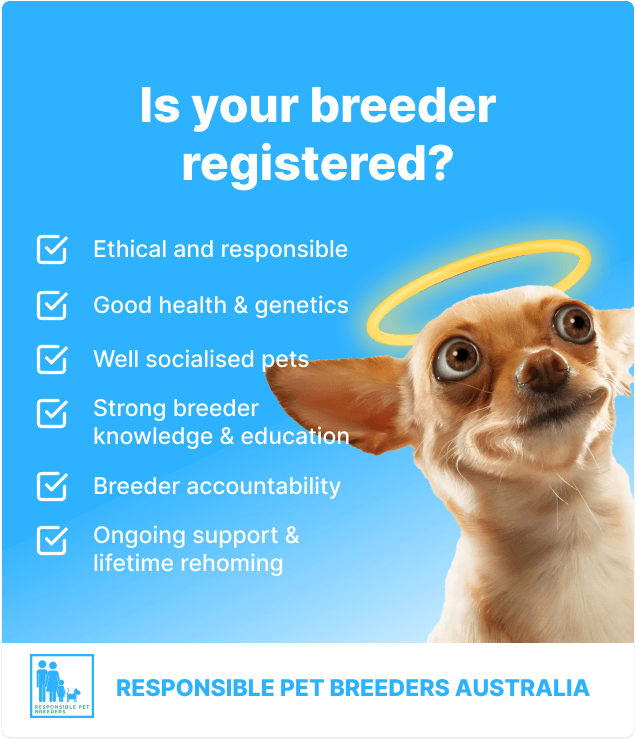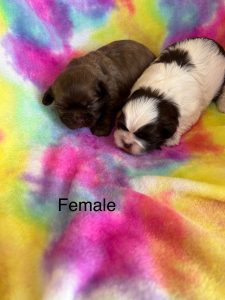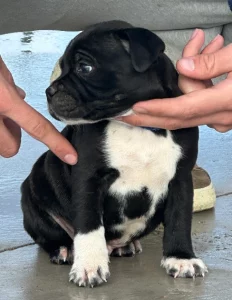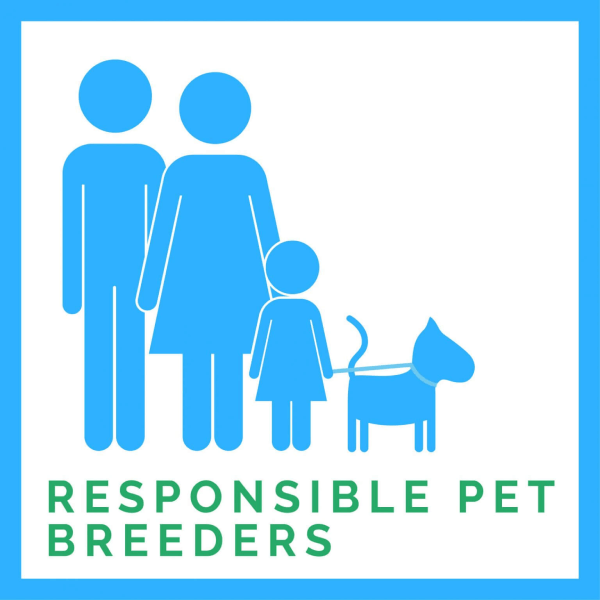Puppies For Sale Brisbane
Brisbane, the capital city of Queensland, Australia, shines with its warm climate, diverse culture, and vibrant arts scene. Over the years, Brisbane has transformed into a dog-friendly haven, catering to the needs of dog owners and their loyal companions.
It’s no wonder that Brisbane teems with dogs. This multifaceted city offers an abundance of puppy-friendly spots.
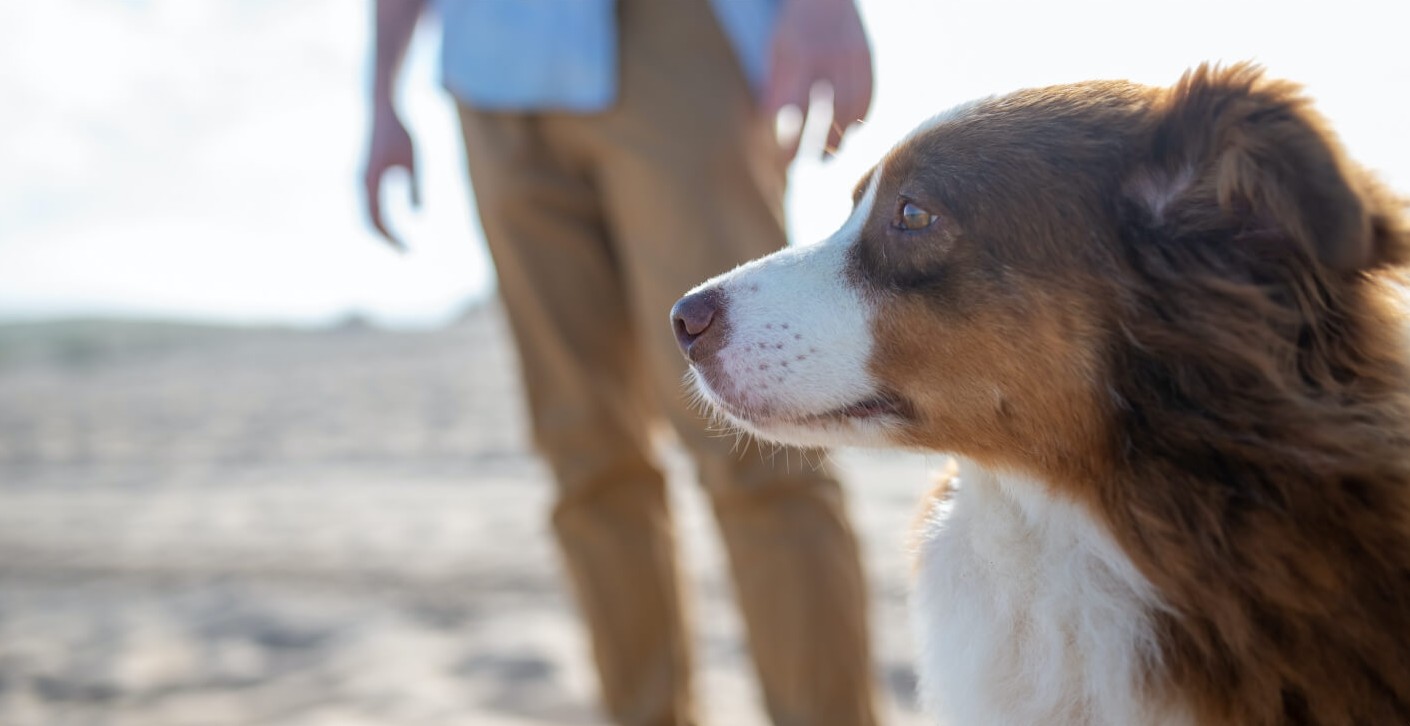
Filter 
Search
Breed
Price Range
Search dogs across Brisbane
0 Items Found
Find Puppies For Sale
Did you know that Australia has one of the highest pet ownership rates in the world? While pet ownership rates have grown across the board, Australia is near the top of the pack in terms of percent increase over the the past five years.
 Questions To Ask A Breeder
Questions To Ask A Breeder
- Are you are registered breeder?
- Can we meet in person?
- Have they been socialised?

Breed Characteristics
Grooming
Coming soon.
Exercise
Coming soon.
Size Range
Coming soon.
Public Spaces
Brisbane features numerous parks, beaches, and trails where dogs can frolic, mingle, and explore. Some notable dog-friendly parks and recreation areas include:
New Farm Park: This picturesque park spans over 3,700 square metres of off-leash areas, ideal for dogs to roam and play.
Kedron Brook Dog Park: A sprawling, fully fenced off-leash area along the Kedron Brook with agility equipment, water fountains, and shaded seating areas for owners.
Nudgee Beach: Brisbane’s premier off-leash dog beach, where dogs can revel in the water and dash along the sand.
Transportation
Public transportation in Brisbane welcomes dogs. Dogs of all sizes can board Brisbane River ferries and CityCats, provided they are leashed and muzzled or contained. Additionally, several Pet Taxi services operate in Brisbane.
Accommodations
Brisbane has embraced dog-friendly accommodations, simplifying travel for dog owners and their furry friends.
Hotels, motels, serviced apartments, and Airbnb properties increasingly offer pet-friendly options with amenities designed for dogs and their owners.
Brisbane’s dog-friendly accommodations include:
Hotels: Many hotels in Brisbane now feature select pet-friendly rooms or floors, with some even offering specialized pet services and amenities.
Serviced Apartments: These self-contained accommodations often include designated pet-friendly apartments, offering more space and flexibility for dog owners and their pets.
Airbnb and Holiday Rentals: Numerous Airbnb properties and holiday rentals in Brisbane welcome dogs, with some hosts providing fenced yards, pet-friendly policies, and other dog-related amenities.
For those longing to welcome a new puppy into their home, here is a helpful guide. The following chart may assist in selecting the ideal breed for you or your family:
Most Searched Puppy Breeds In Brisbane
Common Questions to Ask your Dog Breeder
Adopting a puppy is a joyful experience, but purchasing from a responsible breeder ensures you bring home a healthy and happy dog.
Remember, not all purebreds guarantee excellent health. This is why you must ask your prospective breeder about their breeding practices and how they socialise their dogs.
Inquire about the health checks and genetic tests of their breeding animals, and what their long-term breeding plan is. This way, you weed out bad sellers.
A great way to get an idea of how your desired puppy will likely turn out as an adult dog is by meeting the parents.
Often, you won’t get to see the stud dog as it is usually not owned by the breeder. In such a case, ask your seller what the sire is like.
Meeting the dam is enough to know more about your puppy of choice. Interact with her to see if she is calm and well-mannered.
Your breeder should be able to tell you about the mother’s temperament and overall health without hesitation.
A puppy’s window for socialisation closes as quickly as eight weeks, which is why you should ask your breeder how exposed your desired canine is.
Find out if it is comfortable around other people and animals. Learn how it reacts to new and different sounds, sights, and odours.
Once you have decided on a particular breed, it is suggested that you research the common genetic defects associated with it.
If there are health issues about its bloodline that need clarifying, write them down so that you can ask your breeder.
A good breeder should be able to tell you every possible disease your chosen puppy may acquire from its parents later on. They should also not be hesitant to disclose if the sire or dam has had any health problems of late.
It is recommended that you request your breeder for the puppy’s family health history and its parents’ health certificates.
If your seller has nothing to show or seems ignorant about their breed, take it as a sign to walk away.
It is important that you ask your breeder what food your chosen puppy is used to being fed. This is because you need to keep your dog on the same diet for the next few days once you bring it home. The reason for this is to minimise the risk of your canine experiencing tummy upset.
Some breeders will be kind enough to provide you with a few more days’ worth of dog food to take home with you. They may even give you a diet sheet that lets you know when to feed your puppy and how much.
When changing your puppy’s diet, your breeder will likely advise you to do it gradually. This means, combining the old food with bits of the new one.
Puppies must be vaccinated and examined before being sold. When meeting with your breeder, ask them what shots your chosen puppy has already received. Find out what other shots need to be administered and when.
Additionally, request from your breeder for all of the puppy’s available health records such as treatments, veterinary tests, and medical clearances.
Ask them for their vet’s contact details so that you can verify the information provided to you.
Most puppies are born with worms, which is why they should be dewormed from the time they are two weeks old. Find out from your breeder if your desired puppy has already been dewormed, and if the process is being done religiously every two weeks.
Any good breeder will tell you to follow up with your own vet once you have brought your puppy home. This way, the dog receives its shots at appropriate intervals and reduces its risk of acquiring a life-threatening disease.
Ethical breeders offer a health guarantee on their puppies as protection for both them and the buyer.
A good contract explains the responsibility of the seller should the dog develop a congenital disease. It also states the terms carefully and in a way that is easy to understand.
It is recommended that you get a copy of the contract in advance. Read it thoroughly so that you do not miss anything important.
Before signing the contract and picking up your new dog, do not hesitate to ask your breeder to provide you with references from other purchasers.
Should your seller ask you for references as well, do not be surprised. It is only because they also have their puppy’s best interest in mind.
Safe
Responsible
Accountable
Find your next pet with PetsForHomes - Australia’s number one free website to find a pet for sale or adoption.
Trusted & Viewed by over 1 Million Australians
